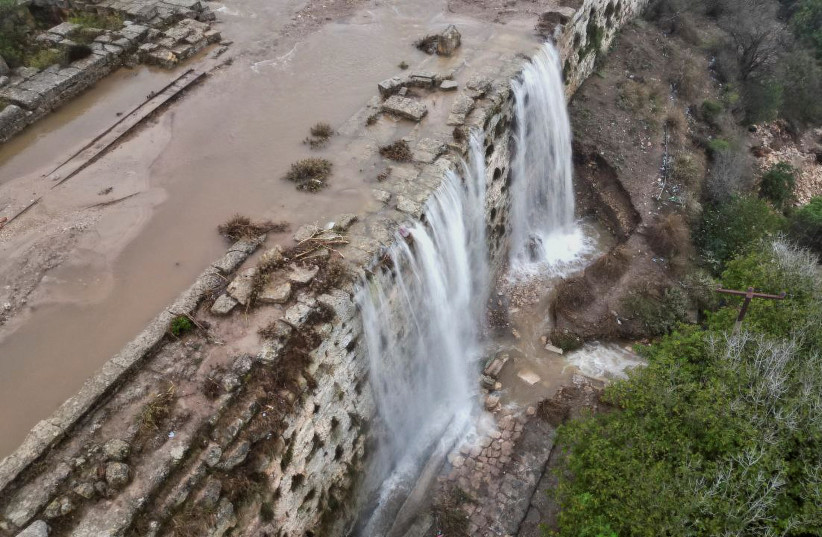Libya is trapped in governmental limbo. Since the 2011 revolt resulting in the death of longtime dictator Muammar Gaddafi, Libya has seen a seemingly never-ending revolving cast claiming authority. In western Libya, the Government of National Accord (GNA) produced by a 2015 United Nations agreement declares power from Tripoli. In the east, the Libyan National Army (LNA), led by several actors, including Field Marshal Khalifa Haftar, echoes a similar decree.
The two factions have gone back and forth militarily, neither unseating the other, both relying on external forces to maintain a standstill. The two sides agreed upon a government of national unity at one point, aiming for eventual elections. We are now years past the initially announced election date. The root of Libya’s issues stems from a simple fact, neither side has incentives to allow the state to move forward, these actors thrive off being frozen in time.
The GNU and the LNA have seen multiple changes in leadership and spokespeople, but that is window dressing. With every change comes the intent to make an old product look fresh, to grant the appearance of movement. All the while, the two need each other for fundamental economic capabilities. The GNU controls much of Libya’s access to global institutions, while the LNA has a significant grasp of the oil fields, allowing them to throttle each other.
International players have divided support among the two sides based on interests. Egypt and the United Arab Emirates support the LNA due to original GNA ties to the Muslim Brotherhood. Russia holds large investments in eastern oil fields, protected by the Wagner mercenary group.
The United States has taken a more hands-off approach, noting that elections and unification are the preferred course of action. The French have also worked with the LNA, arguing they combat terrorist cells in southern Libya. Regardless of intent, it is hard to see a legitimate course to governance when UN Security Council members are playing both sides of a civil war.

Unexpected rain
This chaos came to a breaking point when Libya experienced historic rainfall earlier this month. Major infrastructure in eastern Libya failed, resulting in massive flooding and casualties. At this time, thousands are projected to have lost their lives. Multiple reports indicate these structural flaws have existed since at least the Gaddafi reign.
Now, Libya is suffering dire consequences resulting from the lack of a national entity. Global and non-government partners are confused about delivering resources; both governments give conflicting information, and accountability is missing in action. Investigations are being held into whether the LNA told residents to decline mayoral orders to evacuate towns as flood waters advanced. The LNA has publicly given varying information on what occurred.
It is easy to understand why the GNA and LNA bounce reasons off each other to decline unification; they both worry that a new government will not have them leading. Neither side could fully agree on who would be allowed to run for office. Should those accused of war crimes be entitled to seek the presidency? Should those currently in power be allowed to run? The answers to these questions were never honestly answered, as it could disqualify the same decision-makers.
Libya is in a spiral of its own design. International actors allowing this limbo to persist are not aiding the citizens of Libya or their interests. The leaders in charge are fostering uncertainty and costing lives by the thousands by allowing personal interests to grip a nation.
The writer is an Arizona State University – Watts College of Public Service Master of Public Policy graduate and serves as the engagement chair for the Young Republicans National Federation in the US.
